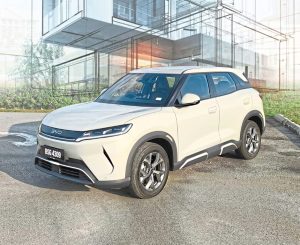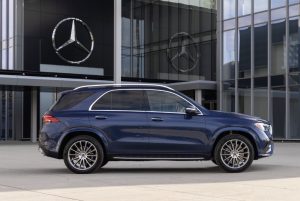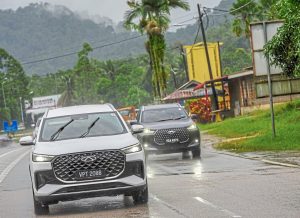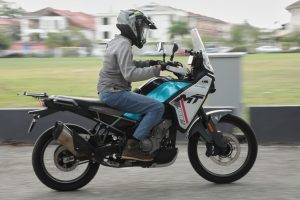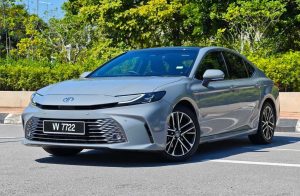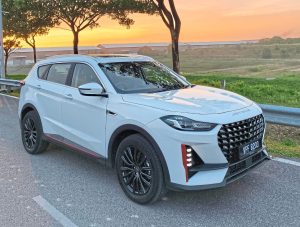GOTHENBURG: Technical updates to the Volvo C40 and XC40 Recharge pure electric models have delivered improvements in driving range and energy efficiency beyond initial expectations.
Homologated performance figures just released for the revised cars show increases of up to 102km in the distance that can be covered on a full charge, which now stand at up to 550km for the C40 crossover and 537km for the XC40 SUV.
This equates to an improvement of up to 24% on the figures of the outgoing models.
Energy efficiency has also improved, with the most efficient C40 and XC40 versions now capable of up to 5.9km per kWh.
The gains have been achieved through a combination of enhancements, including a switch from front- to rear-wheel drive for the single-motor Recharge versions of both models, and the adoption of a second-generation permanent magnet electric motor.

This e-motor is more powerful than the one in the outgoing car – offering 238hp, up from 231hp – plus it is the first e-motor to be developed in-house at Volvo Cars. Battery performance has also been improved thanks to enhancements to cooling efficiency.
Where the dual-motor C40 and XC40 Recharge Twin are concerned, there is the further benefit of increased battery capacity to a nominal 82kWh (79kWh usable capacity), up from 78kWh (75kWh usable) in the outgoing versions.
Both the C40 and XC40 Recharge Twin also adopt different front and rear e-motors, with 150hp and 258hp respectively, in place of the 204hp units previously used on both axles. The total power output remains the same as before, at 408hp.
Volvo said customers can expect to enjoy the convenience of speedier recharging times for the C40 and XC40 Recharge Twin all-wheel-drive models, too.
An increase in their maximum charging rate from 150kW to 200kW translates into a nine-minute reduction in the 10 to 80% recharging time, which drops to just 28 minutes when using a 200kW DC rapid-charging system.

